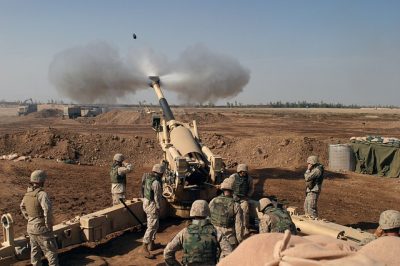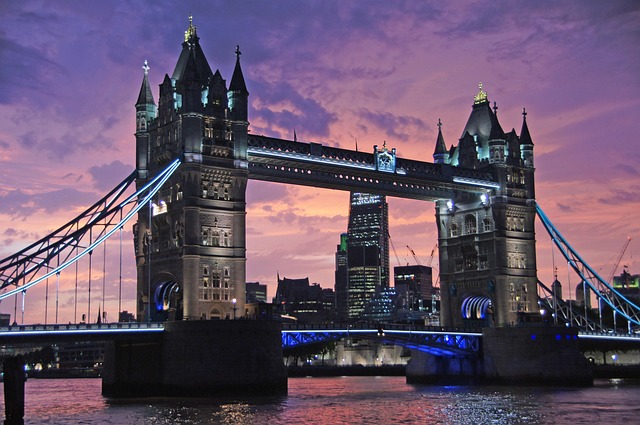 Donald Trump ran on a promise to end the war in Ukraine, even boasting he could stop it within 24 hours. Most people understood he was exaggerating, but many still believed in his intentions. Now, several months later, the war shows no signs of winding down. Western military aid continues, and so do the hostilities. This, despite Trump labelling the conflict as “Biden’s war” and insisting it never would have happened had he been president at the time.
Donald Trump ran on a promise to end the war in Ukraine, even boasting he could stop it within 24 hours. Most people understood he was exaggerating, but many still believed in his intentions. Now, several months later, the war shows no signs of winding down. Western military aid continues, and so do the hostilities. This, despite Trump labelling the conflict as “Biden’s war” and insisting it never would have happened had he been president at the time.
The question now is whether Trump will fall in line with his predecessors—promising peace while doing the opposite.
Barack Obama is perhaps the clearest example. He campaigned on a message of change after George W. Bush, but ended up continuing all the wars in Iraq and Afghanistan, and even launched a new one in Libya. In that sense, he was arguably worse than Bush—though perhaps his PR team was more effective, since many still seem to admire the Nobel Peace Prize laureate.
Trump, too, is facing escalating tensions in the Middle East. Yemeni rebels are blocking access to the Red Sea, and the crisis in Israel and Gaza continues, alongside the collapse of Syria—now dominated by militant groups supported by countries like Turkey. Then there’s Iran, with its regional ambitions, backing anti-Israel and anti-Western factions. The U.S. aircraft carrier group USS Truman has been deployed to the region but has done little to stabilise the situation—if anything, it has highlighted how vulnerable these fleets are to missile and drone attacks.
Meanwhile, some form of negotiation appears to be taking place in Ukraine. Whether the Russians are serious remains unclear—they’re continuing their campaign as if nothing has changed, and are close to fully controlling all the pro-Russian breakaway regions. The question is whether they’ll stop there, push on to Odessa, or even seek to annex all territory east of the Dnipro. The river is a natural border, of course, but also the country’s main artery.
Harsh sanctions don’t appear to have weakened Russia. Instead, they’ve fostered a kind of national unity, both in civil society and the business sector. As of writing, Russia has successfully test-flown a new passenger jet with domestically developed engines. Necessity breeds innovation, and cooperation with other BRICS nations has also intensified—further reducing reliance on the West, both in terms of trade and influence.
Perhaps Trump should have distanced himself from the Ukraine war immediately. The more he engages, the more entangled he becomes.
But there’s a catch: had he abruptly ended military support to Ukraine, the country would likely have fallen quickly. It relies heavily on U.S. satellite intelligence and navigation systems. Such a move would have revealed just how deeply the U.S. has been involved since 2014—not just in planning but in daily operations. That would clash with the prevailing media narrative of an unprovoked, full-scale Russian invasion. In peace negotiations, Putin has also insisted that the root causes of the conflict be addressed, something that frustrates the Americans—especially the Democratic Party, which has long been entangled in shady dealings in Ukraine.
It’s not easy being Donald Trump right now. His tough trade tariff talks have met resistance, and while he’s made some headway in cutting government spending and downsizing the bloated public sector, even that is starting to look like a Sisyphean task.
Trump has a knack for landing on his feet. Perhaps there is a plan B for both Ukraine and the Middle East. The fact that he hasn’t launched a war against Iran is, at the very least, a hopeful sign. It’s also worth noting that the U.S. establishment seems broadly pro-war—and is likely exerting enormous pressure on Trump behind the scenes. Personally, I don’t believe Trump is a war president, but he is being pushed into ever more difficult decisions—decisions that are dragging him deeper into the mire of endless war.
This may well be the hardest dilemma facing any new U.S. president: how to stop the wars and restore stability to the American economy. When the reckoning comes, it becomes clear that these conflicts contribute to the soaring national debt and damage America’s global reputation—especially in the Global South. A few may profit, but the average American citizen gains nothing from their country being in a constant state of war.







